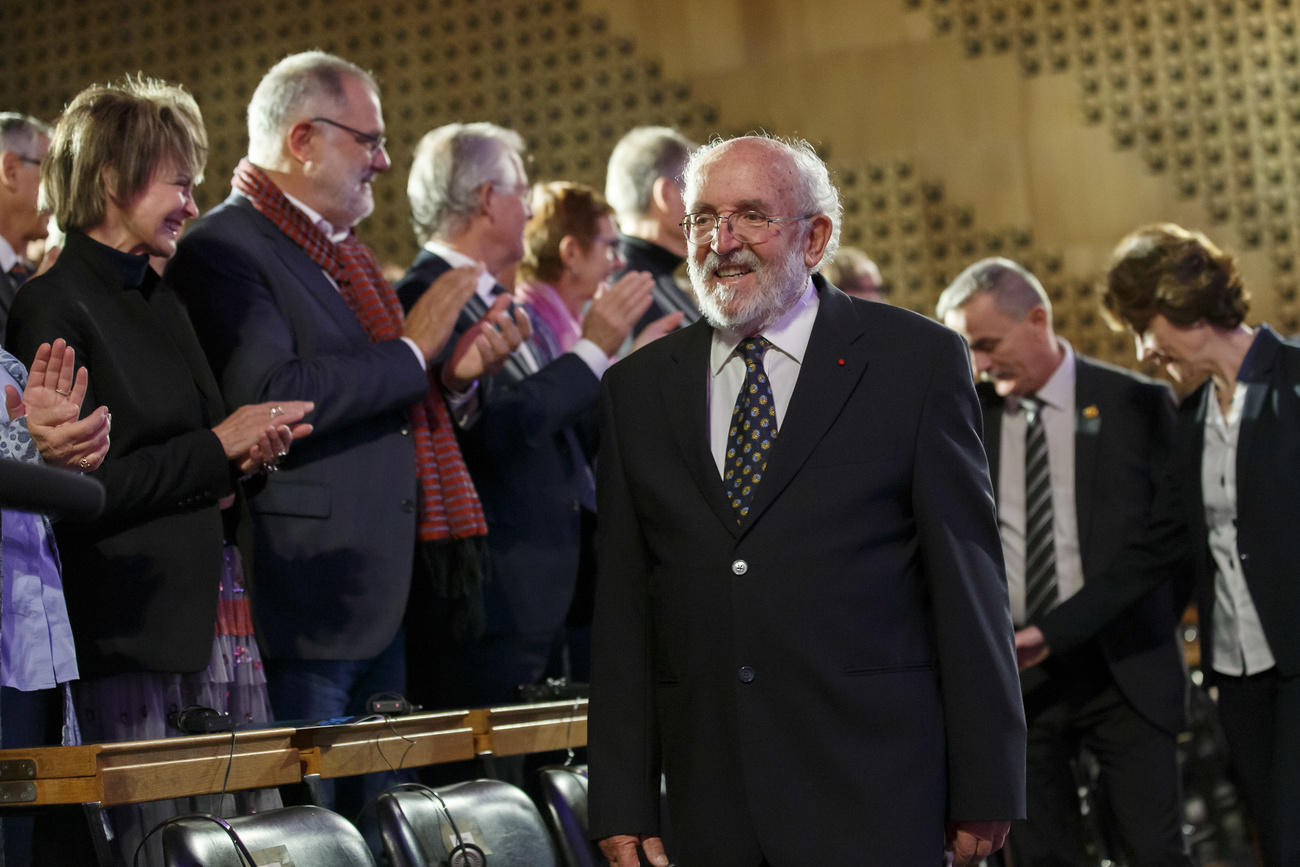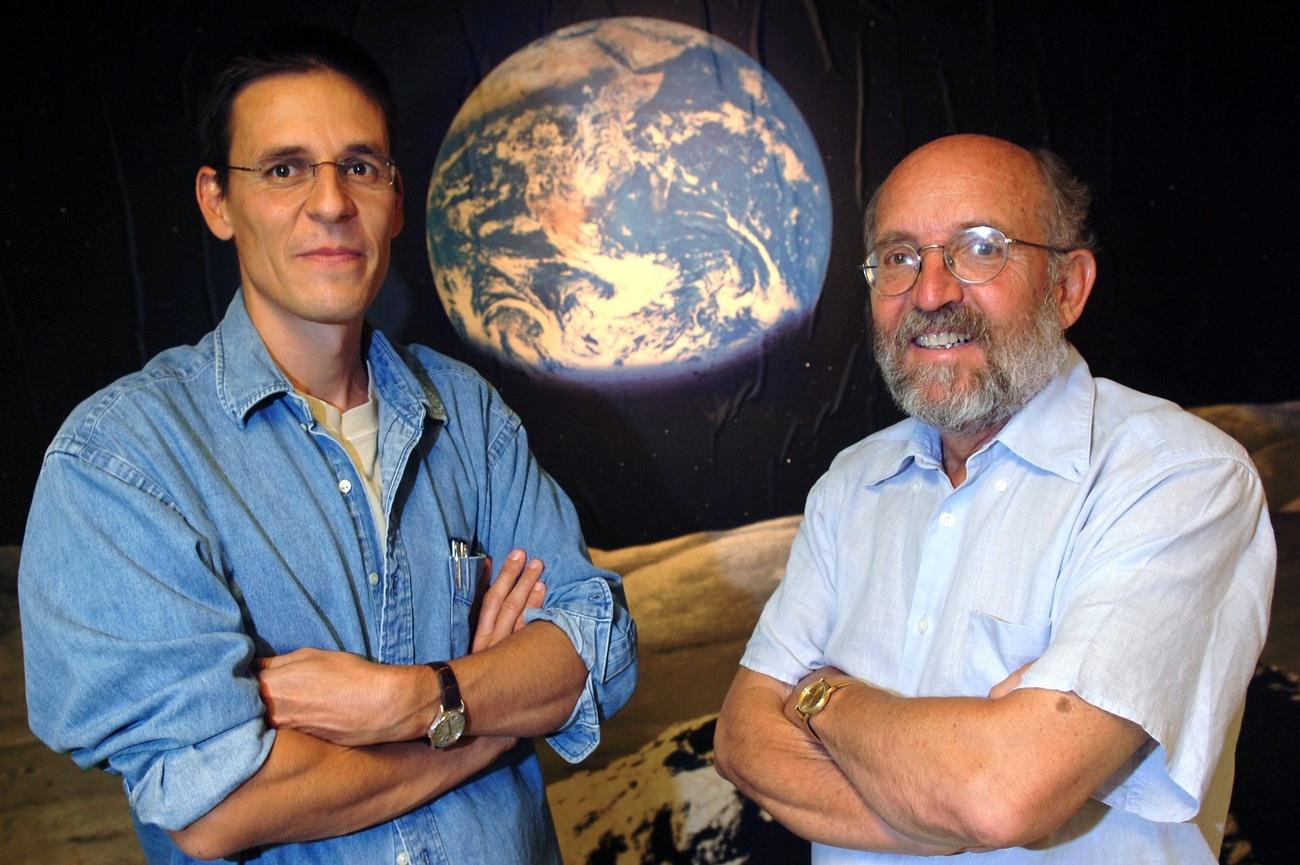Geneva researchers discover molecule responsible for tissue damage in heart attacks

A research team in Switzerland has discovered the lipid responsible for killing tissue during a heart attack, raising potential for a new treatment model for heart attacks and strokes.
Heart attacks are the result of a clot that blocks the blood flow to the heart. This cuts off the oxygen supply to the heart tissue, causing the cells in the tissue to die quickly. However, some animal species appear to cope better than others with such a lack of oxygen. For example, worms can live three days and some turtles can live several months without oxygen.
In a study published in Nature MetabolismExternal link on Monday, a research team led by Howard Riezman from the University of GenevaExternal link sought to investigate why this lack of oxygen in mammals leads to the rapid death of tissue and why some animals cope better than others.
Working with worms, the researchers discovered that the damage is the result of a special fat molecule (lipid) called deoxydihydroceramide that increases to dangerous levels when there is a lack of oxygen in the tissue. The lipid blocks certain cellular functions, permanently damaging the heart tissue.
To confirm the role of the lipid, scientists inserted a human mutation into the worms’ genome, triggering a rare hereditary disease that increases the amount of the lipid. This made the worms highly sensitive to oxygen deficiency, confirming the scientists’ discovery.
Hope for treatment
A research team from the University of Lyon in France took this one step further by administering an inhibitor to mice that slowed down the production of the lipid identified.
Compared to the control group, mice with the inhibitor suffered about 30% less tissue damage.
“This reduction is quite impressive,” Riezman said on Monday. The results give hope for the development of treatment for heart attacks and strokes.
The research team included scientists at the University of Geneva, the University of Lyon and the Institut National de la Santé et de la Recherche Médicale in France.

More
Nobel winner Mayor feted at home university

In compliance with the JTI standards
More: SWI swissinfo.ch certified by the Journalism Trust Initiative



You can find an overview of ongoing debates with our journalists here. Please join us!
If you want to start a conversation about a topic raised in this article or want to report factual errors, email us at english@swissinfo.ch.